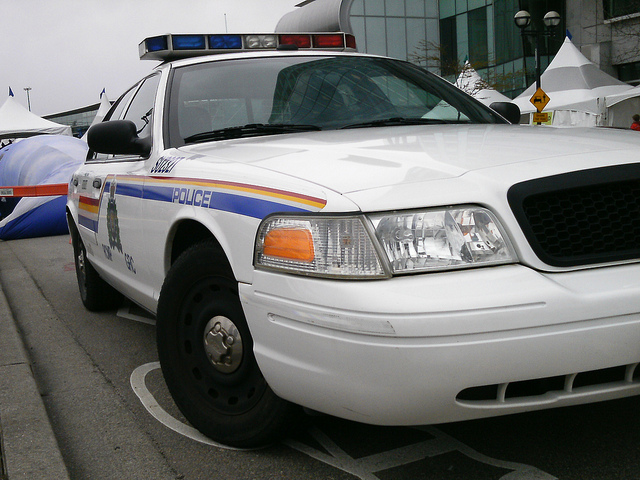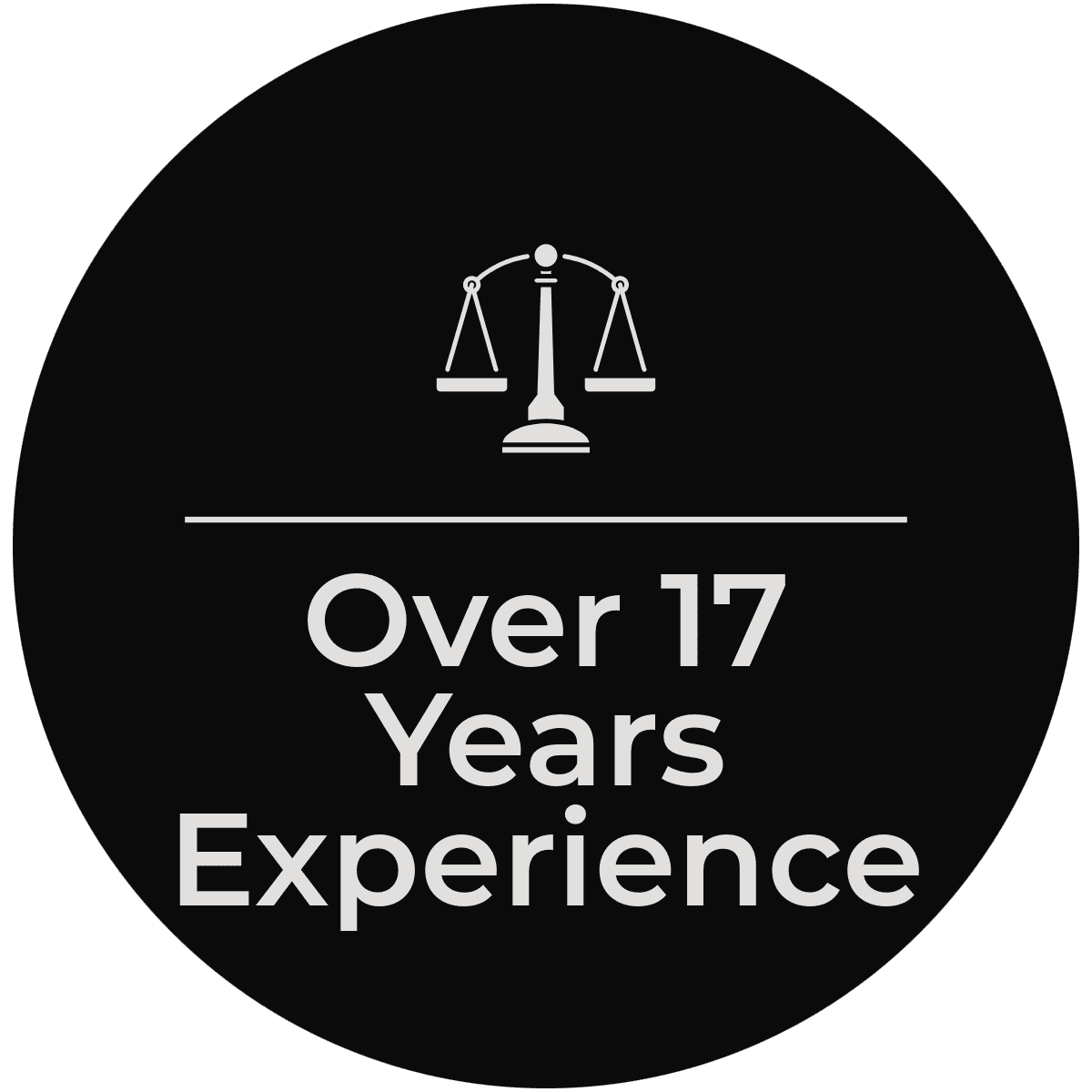8 Things to Know If You’re Pulled Over for Drunk Driving
If you’re pulled over by the police while driving under the influence, it’s important to be prepared to face the possible consequences—fines, legal fees, a suspended license, and even jail time. With this in mind, you need to know your legal rights in order to reduce the amount of incriminating evidence gathered against you. Don’t Drink and Drive
To clarify, this advice in no way condones the practice of driving while under the influence. The fool-proof way to avoid a DUI charge is to not drink and drive. If you anticipate drinking, make sure you have a designated driver, cab fare, or a public transit option to get you home at the end of the evening.
Know the Charges
In California, there are two different charges for driving under the influence of alcohol or drugs. The first is a charge for intoxicated, reckless driving, regardless of your blood alcohol level. The second charge is for driving with a blood alcohol level of 0.08% or higher, regardless of how you’re driving. Drivers are often charged with both. Regardless, it’s important to remember that driving under the influence is considered a crime.
Understand Why You’re Pulled Over
It’s easy to panic when you see flashing lights behind you, especially if you’ve been drinking. Stay calm and make sure you understand why you’ve been pulled over. It could be for something as simple as expired tags. Do not create unnecessary suspicion, and remember to stay polite.
Don’t Provide Incriminating Information
When you’re pulled over for drunk driving, you’re being investigated for a crime. Because you are detained and not immediately arrested, the officer will not read you your Miranda rights. Regardless, you have the right to invoke the Fifth Amendment by refusing to provide incriminating information. If the officer asks where you’re coming from or how much you’ve had to drink, politely decline to answer the question. That said, do not lie to the cops, as that could be used against you in court.
Decline Field Tests
Just as you have the legal right to refuse to answer questions, you also have the right to decline field tests, as they are not required by law. These tests are notoriously unreliable and will not help your case in any way. Similarly, you have the right to decline a PAS (preliminary alcohol screening) so long as you are over 21 and not on probation from a previous DUI.
Chemical Testing
Unfortunately, if the officer determines probably cause to arrest you, you will be required to submit to a chemical test at the police station. You will have the option of a blood or breath test; generally, the breath test is easier to dispute in court.
Temporary License
If the chemical test reveals that you were driving with a blood alcohol level of 0.08% or higher, you will be issued a temporary, 30-day license. After this 30-day period, your license will be automatically suspended for four months by the DMV.
Request a Hearing within 10 Days
To avoid this four-month probation, you need to request a hearing within 10 days of your arrest to challenge the suspension. This request will extend your temporary license until the outcome of your hearing is determined.
In any situation, it’s essential to seek immediate legal counsel. While you aren’t likely to come away from a DUI charge scotch-free, an experienced attorney can significantly lessen the consequences.
Photo by ME659 Photography / CC BY
Don’t Drink and Drive
To clarify, this advice in no way condones the practice of driving while under the influence. The fool-proof way to avoid a DUI charge is to not drink and drive. If you anticipate drinking, make sure you have a designated driver, cab fare, or a public transit option to get you home at the end of the evening.
Know the Charges
In California, there are two different charges for driving under the influence of alcohol or drugs. The first is a charge for intoxicated, reckless driving, regardless of your blood alcohol level. The second charge is for driving with a blood alcohol level of 0.08% or higher, regardless of how you’re driving. Drivers are often charged with both. Regardless, it’s important to remember that driving under the influence is considered a crime.
Understand Why You’re Pulled Over
It’s easy to panic when you see flashing lights behind you, especially if you’ve been drinking. Stay calm and make sure you understand why you’ve been pulled over. It could be for something as simple as expired tags. Do not create unnecessary suspicion, and remember to stay polite.
Don’t Provide Incriminating Information
When you’re pulled over for drunk driving, you’re being investigated for a crime. Because you are detained and not immediately arrested, the officer will not read you your Miranda rights. Regardless, you have the right to invoke the Fifth Amendment by refusing to provide incriminating information. If the officer asks where you’re coming from or how much you’ve had to drink, politely decline to answer the question. That said, do not lie to the cops, as that could be used against you in court.
Decline Field Tests
Just as you have the legal right to refuse to answer questions, you also have the right to decline field tests, as they are not required by law. These tests are notoriously unreliable and will not help your case in any way. Similarly, you have the right to decline a PAS (preliminary alcohol screening) so long as you are over 21 and not on probation from a previous DUI.
Chemical Testing
Unfortunately, if the officer determines probably cause to arrest you, you will be required to submit to a chemical test at the police station. You will have the option of a blood or breath test; generally, the breath test is easier to dispute in court.
Temporary License
If the chemical test reveals that you were driving with a blood alcohol level of 0.08% or higher, you will be issued a temporary, 30-day license. After this 30-day period, your license will be automatically suspended for four months by the DMV.
Request a Hearing within 10 Days
To avoid this four-month probation, you need to request a hearing within 10 days of your arrest to challenge the suspension. This request will extend your temporary license until the outcome of your hearing is determined.
In any situation, it’s essential to seek immediate legal counsel. While you aren’t likely to come away from a DUI charge scotch-free, an experienced attorney can significantly lessen the consequences.
Photo by ME659 Photography / CC BY

Bradley Corbett
Bradley Corbett is a criminal defense attorney in San Diego. He graduated from Brigham Young University in Provo Utah in 2004. Later he enrolled at Thomas Jefferson School of Law in San Diego where he participated in a prestigious internship program with the Los Angeles County Public Defender. Since then he has handled over 2,000 cases.

